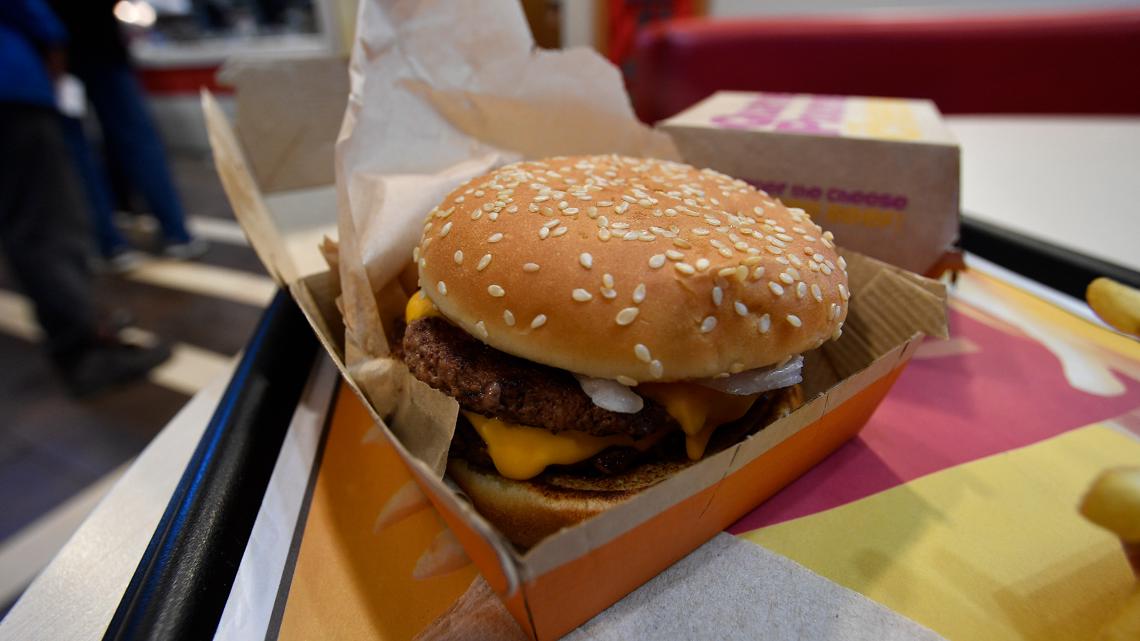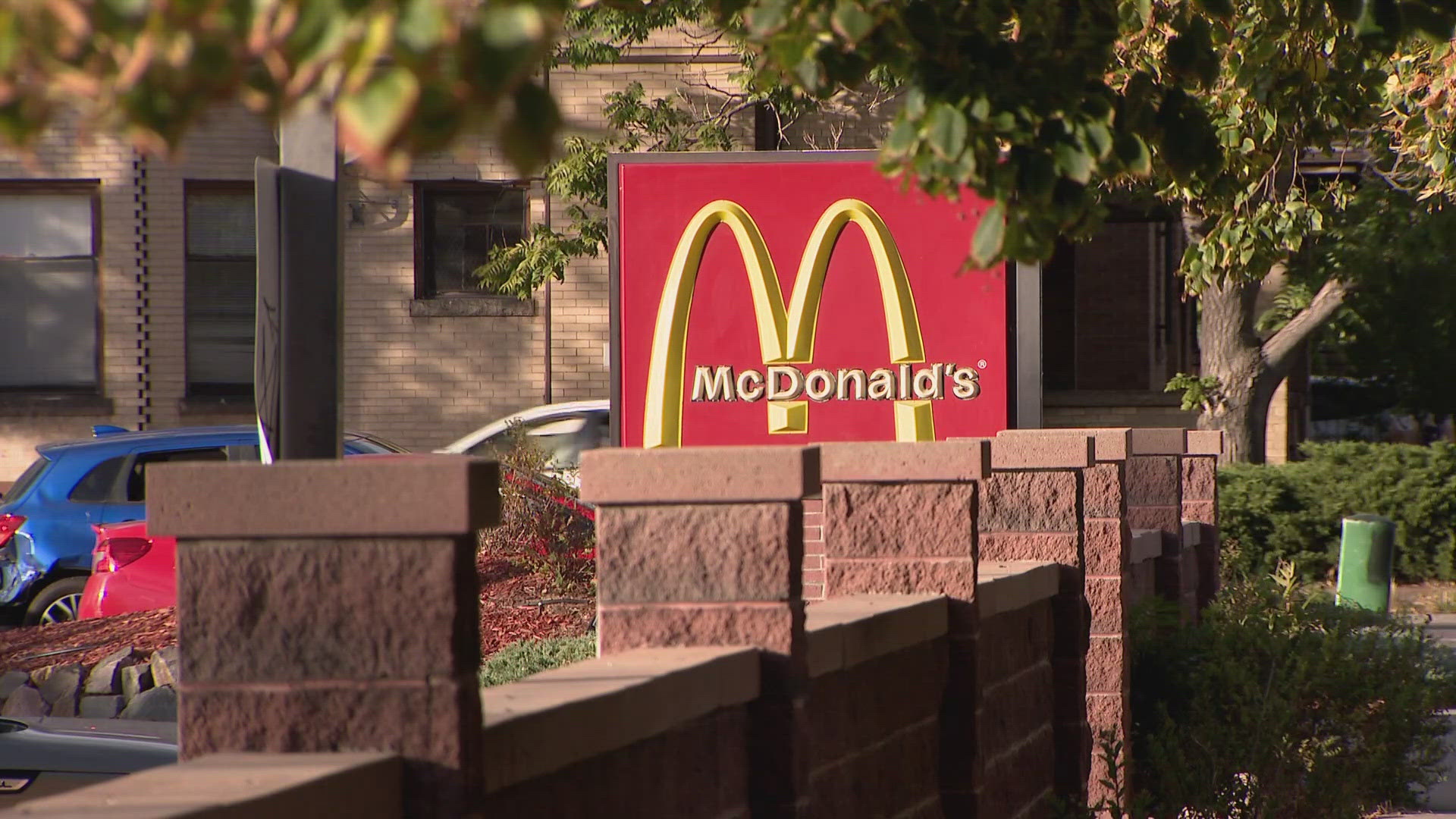MESA COUNTY, Colo. — Colorado’s E. coli outbreak from McDonald's quarter pounders is growing. Today we learned it is likely centered in Mesa County. The majority of cases have been discovered there and the person who died lived on the western slope.
This is likely to be a long investigation. There are 49 cases reported including 26 in Colorado.
To know how health officials are racing to prevent others from getting sick, 9NEWS talked to the people who stopped Colorado’s deadliest outbreak. In 2011, more than 110 people got sick, and around three dozen died after a Listeria outbreak started from contaminated Cantaloupe at a farm in southeast Colorado.
The investigation started with Alicia Cronquist at the Colorado Department of Public Health and Environment (CDPHE).
"The first thing we did was we started to interview the people who were sick," said Cronquist, who worked as the Food Borne and Enteric Disease Program Manager at CDPHE at the time. "That simply means calling them on the phone and saying, 'we’d like to talk to you about the foods you ate and the things you did in the few weeks before you became ill."'
Just like health officials are doing now with McDonalds burgers, Cronquist tried to determine if there was anything that everyone who was sick had in common. In 2011, they determined everyone had eaten Cantaloupe. The next step was figuring out where it came from.
"They were doing what’s called a traceback, where they’re looking to see if the food that person A, person B and person C ate, could they have all come from the same source?" Cronquist said.
That process with the current E. coli outbreak is ongoing, though McDonald's seems to point to potentially contaminated sliced onions in their burgers. Health labs test to confirm if the produce is contaminated.


In 2011, investigators found that a farm in Prowers County, CO stopped washing cantaloupe before shipping them around the country.
"When they go around to the various cases, they’re able in essence to start applying a process of elimination to zero-in pretty quickly," said John Walsh, the Former U.S. Attorney for the District of Colorado.
Walsh was the U.S. Attorney for the District of Colorado in 2011 during the Listeria outbreak. Now he’s running unopposed as the Democratic nominee for Denver District Attorney. He chose to bring federal charges against the farmers who grew the cantaloupe at the farm where the outbreak started.
"One of the key considerations was, how did this happen and what did the farm owners understand?" Walsh said.
The farmers ended up getting probation after cooperating with Walsh’s investigation. He determined they didn't wash the cantaloupe properly, which led to bacteria spreading.
The whole process from the time Cronquist discovered the outbreak to when Walsh concluded his legal case took nearly three years.
"What stands out to me is that we tend to take for granted how safe our food is," Walsh said. "Yet, when one problem happens, it can hurt so many different people."
The lessons learned more than a decade ago in Colorado's deadliest food-borne outbreak are still being used right now as health officials try to stop E. coli from spreading through McDonald's Quarter Pounders.
"There’s no question that the current outbreak investigation that you’re reporting on is benefiting from the things that we learned from the Listeria investigation," Cronquist said.

